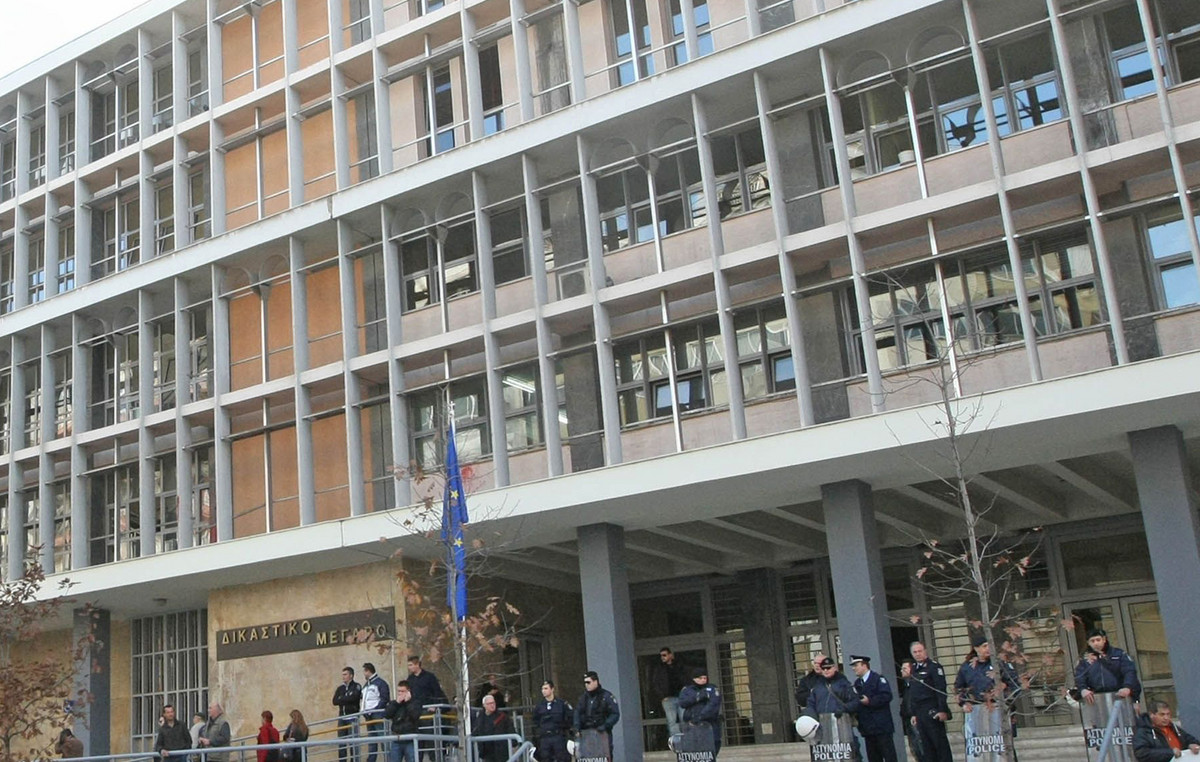THE Parkinson’s disease is one of the most common neurodegenerative conditions in the world, affecting About 10 million people globally, including about 200,000 Brazilians per year according to estimates from the World Health Organization (WHO).
Progressive and still without cure, the impact disease has symptoms as tremors, muscle stiffness, slowness of movements and, in more advanced stages, changes in balance, cognition and emotional behavior . Despite constant advances in medicine, the search for new treatment options, which best fit each patient, are the focus of doctors.
On World Parkinson’s Disease Awareness Day, celebrated on Friday (11), CNN talked to two experts about what is in the Brazilian medical scenario of innovations in the treatment of the condition.
DBS Surgery
One of the most common advanced therapy procedures is the DBS Surgery performed from the brain electrode implant that send electrical signals to the body to relieve symptoms.
According to Marcelo Valadares, the procedure is indicated in approximately 15 to 20% of patients percentage that corresponds to those in which the effect of medication is no longer present.
“We call this periods of stiffness or periods of increased tremor. Surgery is also effective in those who had improvement with medicines, but at some point they begin to have complications.”
DBS is contraindicated for patients who have had no response to Levodopa since, as the doctor explains, the brain roads where DBs acts are similar to the roads where the popular remedy operates.
“Very elderly patients too, over seventy -five years, are patients who often do not deal well with the surgical process or are patients who have dementia in the face of cognitive changes,” says the professional.
Ultrasound
The so -called resonance -guided ultrasound is a new treatment in Brazil, indicates Marcelo Valadares.
“It is very important for patients who have the predominance of Symptom of tremor. Much tremor, little rigidity, ”says Valadares.
The procedure is done in a single session and Marcelo promises to be a “minimally invasive” thing. “There is no cut, you do an injury to a millimeter structure of the brain through ultrasound,” he explains.
However, it is restricted to people who have symptoms of predominant tremor on only one side of the body. “It can still be used in people who are older who do not want or do not tolerate surgery.”
Medicine
One of the most recommended medications for patients with Parkinson is the Levodopa . “It works so well because the substance transformed into dopamine in the body and Parkinson’s disease has at its base the lack of this neurotransmitter in a certain region of the brain,” explains the professional. The substance is involved in processes such as feeling of pleasure, motivation, learning and Motor coordination.
“The big problem is that over the years, continuous use of dopamine leads to adaptations of the body that make the medicine work so much more, or generate side effects to the continuous use of medication,” warns Valadares.
Nevertheless, it is still the most recommended remedy for most patients.
Other medications may be administered, sometimes combined with levodopa or not. This will depend on the need for each type of patient.
“We have other substances that are not dopamine precursors, but act on the same receptors. And we also have medicines that will influence the way dopamine is processed and absorbed in the body,” the doctor adds.
Medicinal cannabis
Although still limited, the neurologist Luis Otavio Caboclo considers that scientific evidence open a real possibility of using medicinal cannabis to expand the care of patients with the disease.
He explains that cannabis contains compounds known as cannabinoids, being cannabidiol (CBD) and tetraidrocanabinol (THC) the most studied.
“Such substances interact with the body’s endocanabinoid system, responsible for regular functions such as motor control, pain, mood and sleep – all often affected in patients with Parkinson,” explains the expert. The ideal combination and dosage, however, are still research objects.
“The use of medicinal cannabis should always be accompanied by a qualified health professional. Countries such as Canada, the United States and Brazil already allow their use under medical prescription, in specific situations,” says Caboclo.
Other innovations?
“There is an expectation that, in the future, artificial intelligence can be involved in treatments, in order to have more personalized solutions for each patient,” says Marcelo Valadares.
“We also have the perspective of arrival in Brazil from levodopa of intestinal gel. It is important for some patients, with very advanced conditions, who have no surgery. We also have research studies aiming at gene therapy and studies with stem cells, which are in very early stages, but promise to bring new treatment options,” concludes the neurosurgeon.
See also: Parkinson’s disease may have different symptoms
Get to know the motor and non-motor symptoms of Parkinson’s disease
This content was originally published in Parkinson treatments: what are the new options in Brazil on the CNN Brazil website.
Source: CNN Brasil
I am an experienced journalist and writer with a career in the news industry. My focus is on covering Top News stories for World Stock Market, where I provide comprehensive analysis and commentary on markets around the world. I have expertise in writing both long-form articles and shorter pieces that deliver timely, relevant updates to readers.







